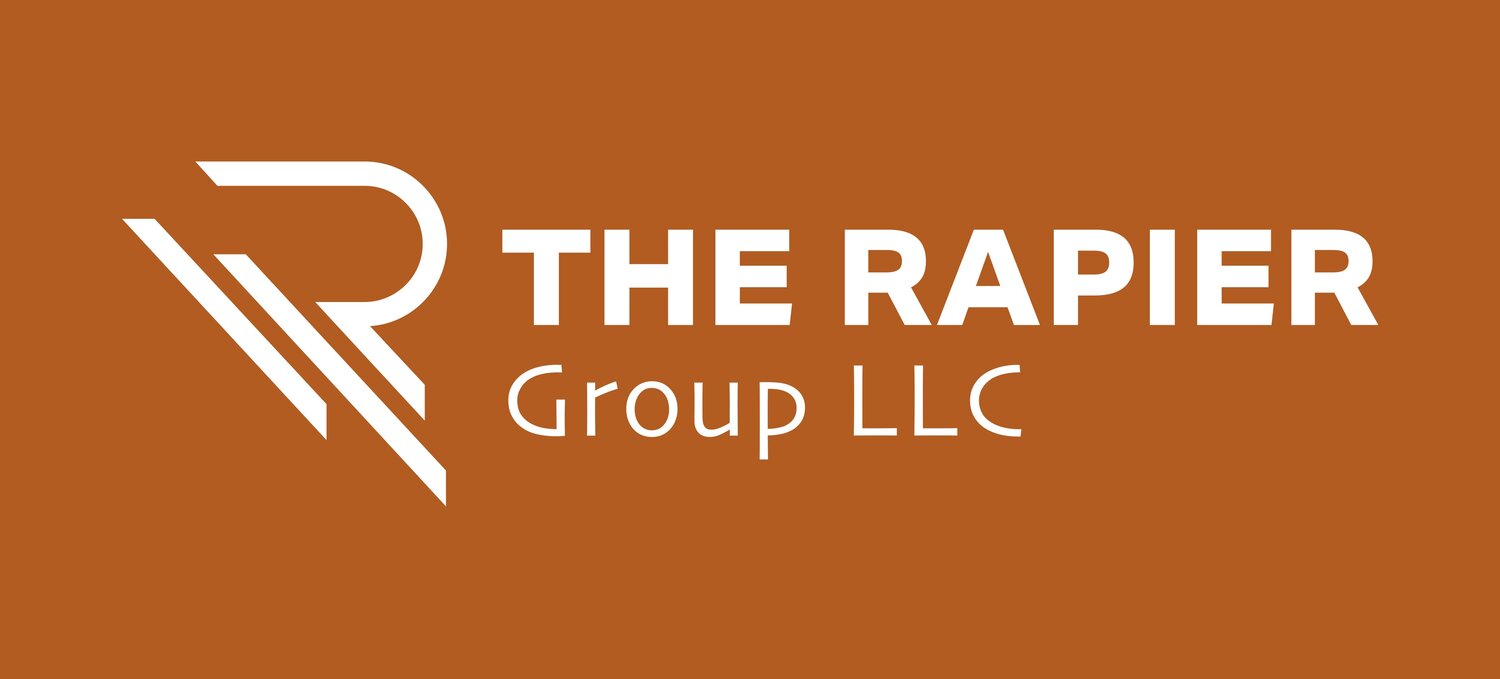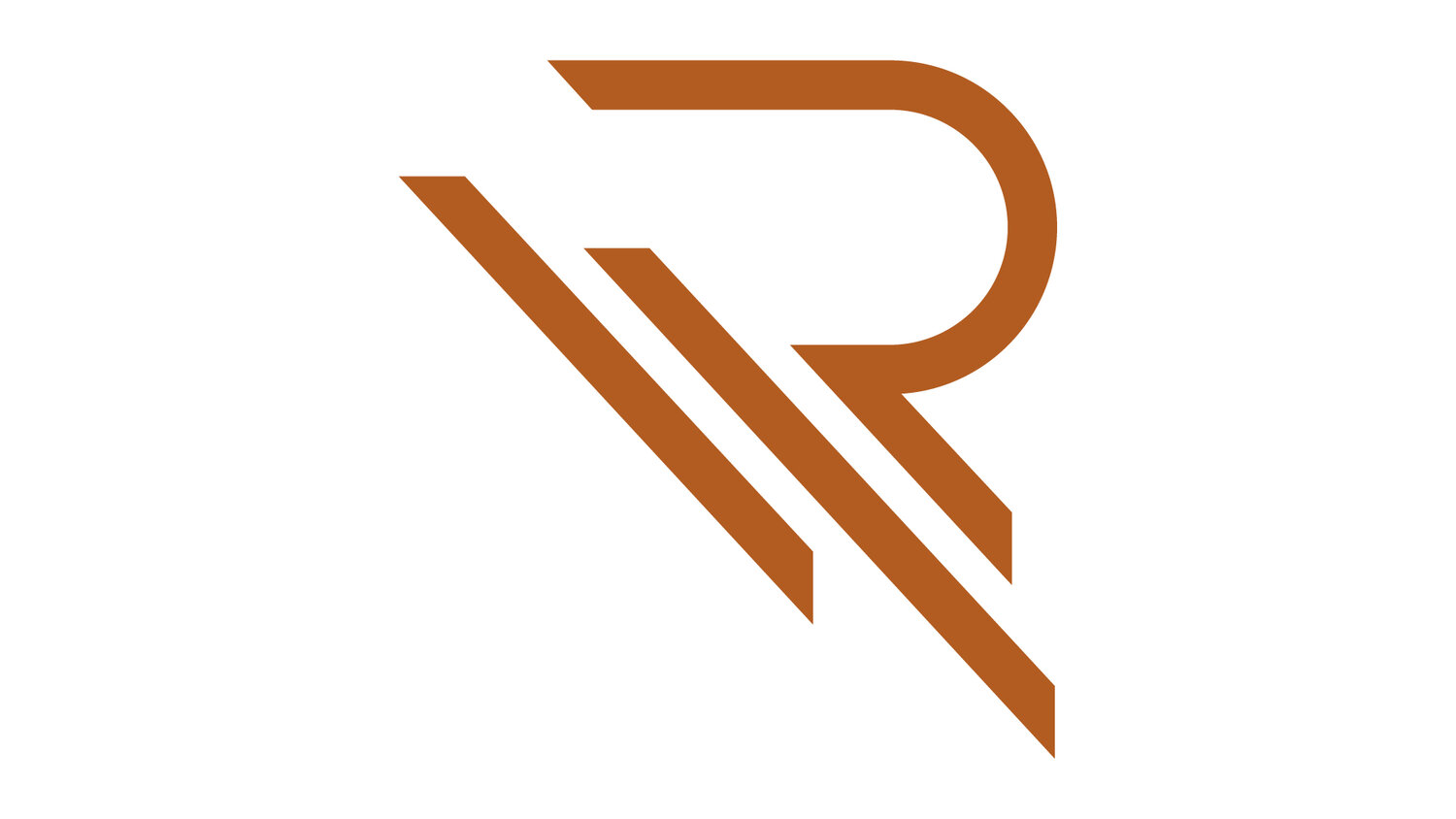What is Productivity and What Does It Mean to You?
Photo by Sansan.com
Today's second topic shares suggestions on how you can improve your personal productivity.
Word Count: About 1,000 words, with an approximate reading time of 4 to 5 minutes. Please share your thoughts in the comments. Please be kind and subscribe to my newsletter.
The definition of productivity has many dimensions. Psychology Today defines productivity as "the ability of an individual, team, or organization to work efficiently within that time in order to maximize output." Most definitions take this people-centric view. There is a critical missing element to this view. People and teams do not work in isolation; they work within complex organizations. Organizations develop ways to work collectively to drive toward common objectives. The result is people work within multiple systems at the same time.
Organizations spend much time and money measuring productivity. The challenge is that things that can be easily measured often do not relate to the desired outcomes. With the rise of remote work, firms use monitoring tools as a proxy for productive work. This led to an increase in sales of mouse and keyboard jigglers. Tracking how often people interact with technology does not measure what really matters. Satya Nadella said, "While you might get a lot of data from tracking this type of employee activity, I can confidently say it's the wrong data."
For organizations to track productivity effectively, they must keep three things in mind. The easiest things to measure often do not correlate with the desired outcomes. They need to understand where their policies and procedures create barriers to productivity. KPIs used to drive productivity must focus on trailing indicators that measure results and leading indicators that are highly predictive of desired outcomes.
How You Can Be More Productive
All of us need to be optimally productive. Machines are not designed to operate continuously at the extreme end of their tolerances. Neither are people. I have known people who talk about working 60 to 70 hours a week as if it were a badge of honor. They do this without concern about what it means to their health or giving up meaningful time with their family. Nobody's tombstone will say, "Jethro created more PowerPoint presentations than anyone else in history."
To measure your productivity, you need to abandon common myths.
Productivity apps often require more care and feeding than is justified. When they do work, they often focus on increasing the velocity of work to get more done faster. They do not prompt you to question whether there is a better way to work or if you should be doing the work at all.
To Do lists also fail to question the value of a task. They can also lead to a feeling of failure when you do not check off the tasks when they are scheduled. As the list gets longer, you feel more overwhelmed. A recent article in The Atlantic talks about creating To Don't lists. The title is catchy and makes you think about what not to do, but it does not focus on what we should be doing.
Perhaps the greatest myth is that we can multitask. “The human brain cannot perform two tasks that require high-level brain function at once.” The best we can do is switch between tasks. When we think we are multitasking, we are only switching our attention from one thing to another frequently and rapidly. This only increases our chances of making mistakes or missing important ideas.
We need to focus on big things rather than tasks to improve our productivity. The first step is prioritizing the projects and initiatives that are important and prioritize them. Once this is complete, we prioritize those efforts. With this in mind, we need to timebox our work week. Set blocks of time to work on the initiatives. Each project will have its own task list to manage the work. You have to block time every day for administrative work. This prevents admin tasks from interfering with your initiatives. As a bonus, this helps you to understand what meetings you will not attend. One of the greatest timewasters is attending meetings that are of no value to the work we need to focus on.
Timeboxing allows us to become indistractable. With time boxing, we permit ourselves to focus with our full attention. Complete focus over a period of time on a single activity dramatically improves our productivity.
What I’m Up To
I am currently in second place in my NCAA March Madness bracket. Unfortunately, the first weekend's upsets have limited the total points available. To have any chance, Alabama has to lose their first game this weekend and Texas has to win the championship.
The weather is turning warmer. We replaced several plants that did not make it through the winter. I will also get to start playing more golf. There is a great advantage to being semi-retired.
My wife and I are watching Alaska Daily with Hillary Swank on Hulu. We recently finished Three Pines starring Alfred Molina on Amazon Prime. The common underlying story in both is the underreporting of crimes against indigenous women. It was an issue I was unaware of, and I realize that it needs more exposure.
Chips and Salsa: Snack-sized news and posts
An interesting discussion on acronyms and their role in life and linguistics.
Two Guys on Your Head - Acronyms
The important difference between being productive and being busy.
https://hbr.org/2023/03/beware-a-culture-of-busyness
Focusing on physical and mental health is a key success factor in business and life.
How 7 leaders manage stress, burnout, and their employees’ well-being
An article that will literally drive grammar policy crazy.
Mental Floss - The Long History of the Figurative ‘Literally'—and 8 Great Writers Who Used It
One reason so many Americans weigh too much is that we eat so much junk.
Axios - Fun foods proliferate as Americans snack more than ever
Quotes
“I learned some useful things ... though they were mostly about what not to do.”
- Paul Graham
“For a list of all the ways technology has failed to improve the quality of life, please press three.”
- Alice Kahn
You can order The Leader With A Thousand Faces on the Recommended Reading Page of my website.
My goal is to make this newsletter as interesting and valuable as possible. Please share your thoughts and suggestions for improvement. If there are specific topics in leadership you would like me to focus on in future issues, please send them my way.


